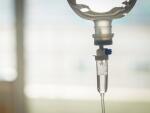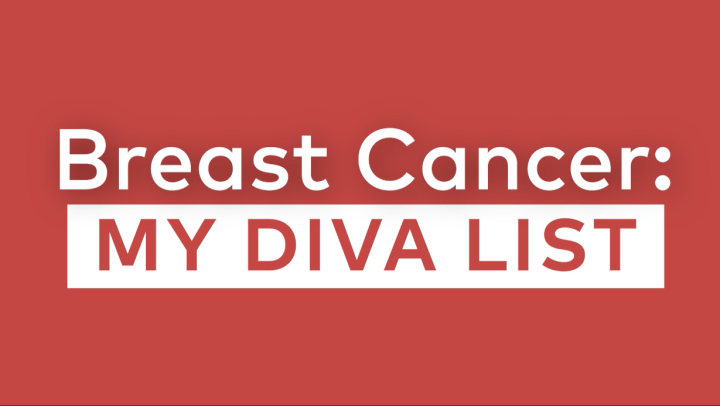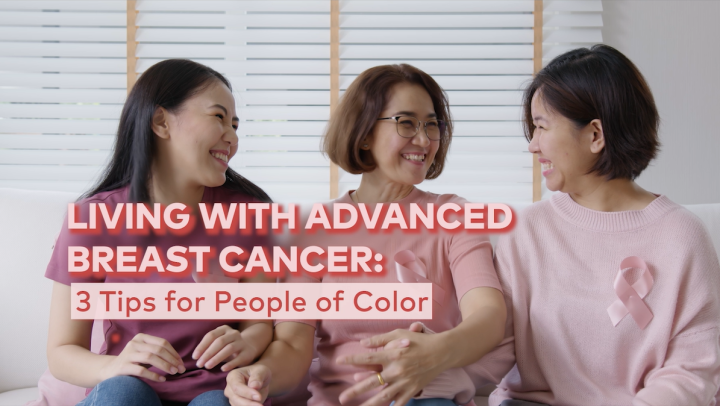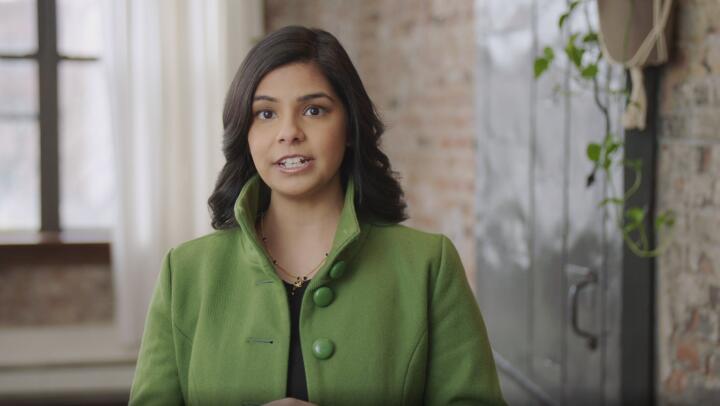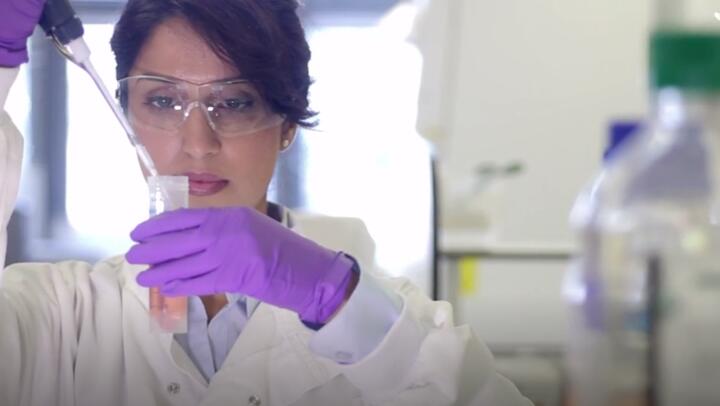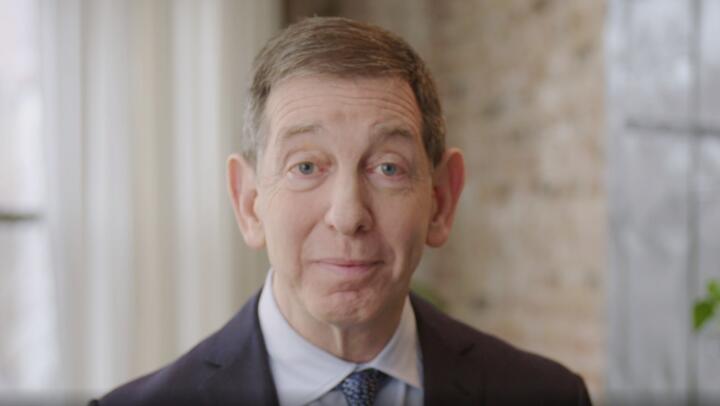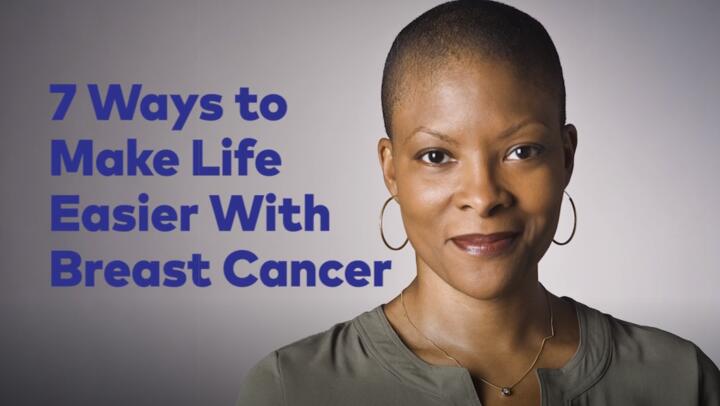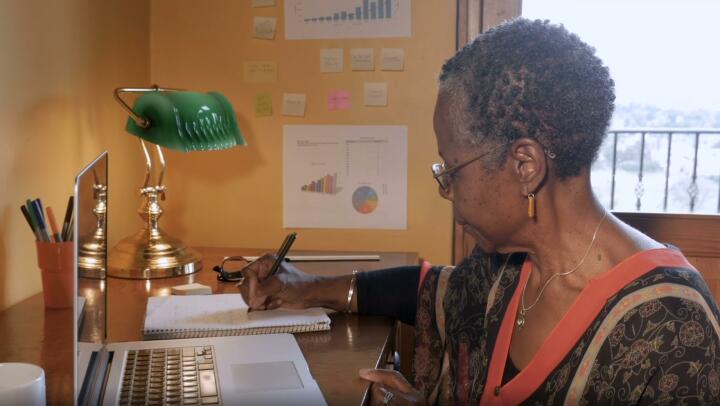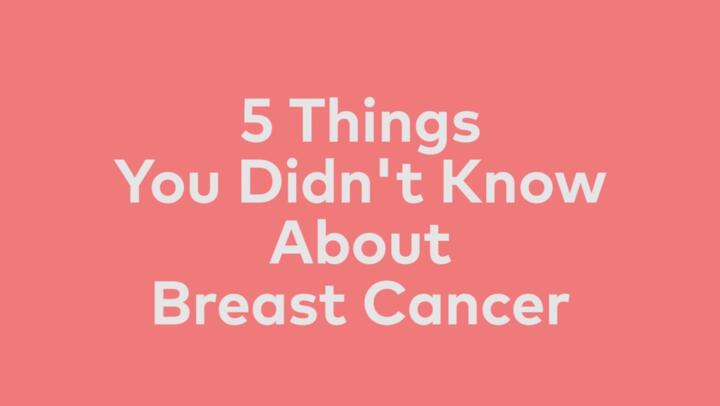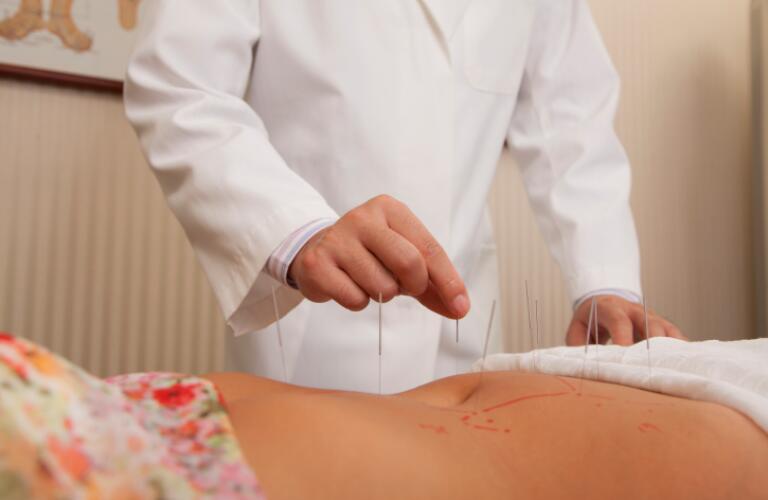
Cancer patients today have a variety of treatment options to choose from. But beating cancer isn’t just about destroying tumors; it’s also about taking care of your whole body. Along with conventional treatments like chemotherapy, radiation and surgery, many cancer patients are benefitting from complementary therapies like acupuncture. Stemming from ancient Chinese medicine, acupuncture improves the quality of life of cancer patients by alleviating pain, stress, and other symptoms of the disease, as well as helping to improve side effects from treatments. While clinical studies do show evidence that acupuncture benefits many cancer patients, be sure to connect with your doctor before adding any complentary therapies to your treatment plan.
How does acupuncture work?
When acupuncture originated more than 4,000 years ago, Chinese doctors believed the energy or “Qi” (pronounced “chee”) that flows through the body could be disrupted, leading to an imbalance of energy. They found that acupuncture could help correct this imbalance by targeting hundreds of acupuncture points called acu-points along the body’s major meridians or energy channels. Some Western doctors believe it works by causing physical responses in nerve cells, the pituitary gland and parts of the brain, which affects blood pressure, body temperature, pain sensations and even mood. It may also help strengthen the immune system during chemotherapy.
An acupuncturist first examines your body to determine which acu-points to use. Then he or she places very thin needles at these points, which may stay in place for a few minutes to up to 20 minutes. This generally doesn’t hurt, but you may feel a slight prick as the tiny needle enters the outermost layer of the skin. The feeling is much less painful than what you would feel with a shot. After the needles are inserted, you may feel a tingling sensation, numbness or heaviness, which lets you know the treatment is working. Later, the acu-points may be mildly sore.
For best results, patients typically receive one or two treatments a week for five to six weeks. The number of treatments you need will depend on your condition and response to treatment.
Is acupuncture safe?
Acupuncture is generally a safe procedure performed by a trained professional. Acupuncturists typically must complete at least three years of training at an accredited acupuncture school, and many schools require a bachelor’s degree.
Some practitioners fear acupuncture may affect a cancer patient’s immunity, or that the needle could “disperse” the patient’s tumor. Most, however, believe there is no risk of dispersal, though the tumor area should be avoided when placing needles.
Talk to your oncologist, as well as the acupuncturist, about any concerns you may have. Also, be sure disposable (single-use) needles are used in the procedure, and that the acupuncturist works in a clean, sterile environment. This will help prevent complications from the acupuncture treatment.
How can acupuncture help?
Acupuncture has been shown to help your body resist or overcome symptoms of cancer and many side effects of cancer treatment. It also relieves pain by releasing endorphins, the body's natural pain-killing chemicals. And acupuncture generally has fewer adverse effects than some of the drugs or medical procedures used for the same conditions.
Many cancer patients find acupuncture can help with:
Pain: Studies suggest acupuncture may help reduce pain from surgery, as well as the number of pain medications needed. This also helps reduce side effects from those medications.
Nausea and Vomiting: According to the National Cancer Institute, there is strong evidence that acupuncture can relieve nausea and vomiting associated with chemotherapy.
Anxiety and Depression: Certain acupuncture points help the nervous system relax. Patients report that they feel calmer and happier after treatment. Many also find themselves less worried or anxious. And resting with acupuncture needles placed around your body can be a calming, relaxing experience in itself, bringing about a meditative state, which can relieve stress.
Fatigue and Sleep Problems: Since acupuncture helps with relaxation, it also helps improve sleep in some patients.
Digestion: Acupuncture has been shown to reduce side effects from radiation that may affect the ability to swallow and eat and drink normally. It can also help with appetite and bowel regularity.
Acupuncture for cancer works differently for every patient, and it may take some trial and error to determine what pattern of treatment works best for you. Talk it over with your doctor. You may find the benefits make a great difference in your quality of life.


